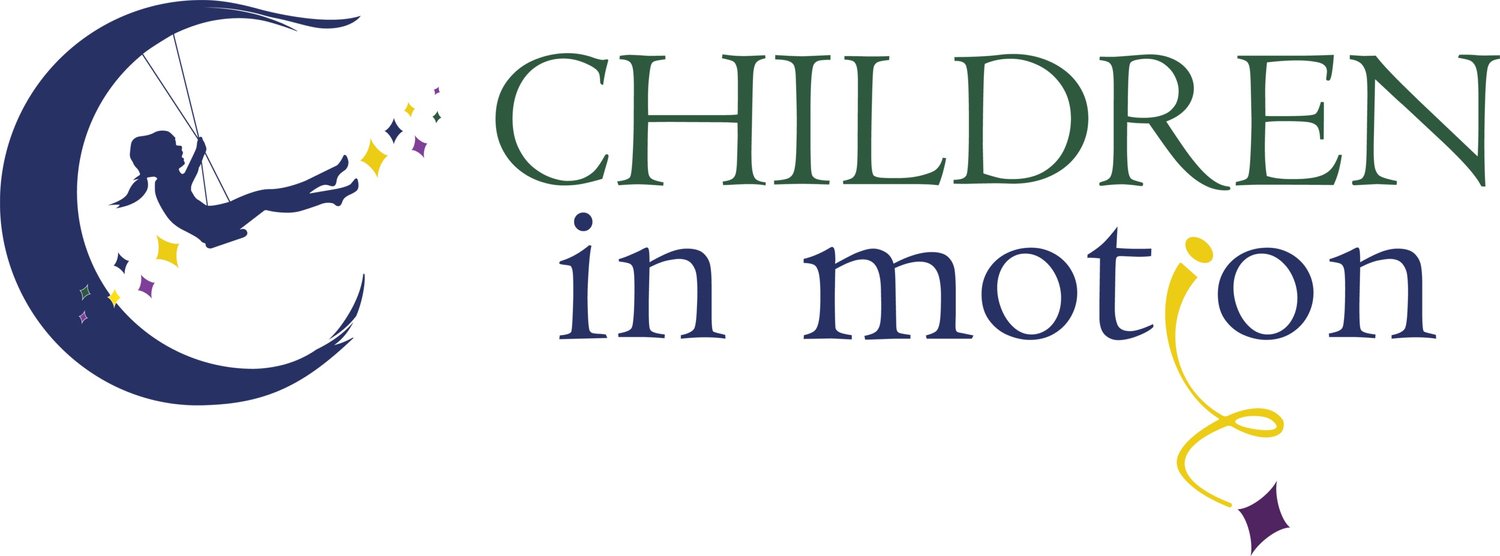The Screen Time Dilemma
As an occupational therapist, I have worked with many children who spend a considerable amount of time on screens, such as smartphones, tablets, video game consoles, and computers. While technology has many benefits, excessive screen time can have harmful effects on children's development. In recent years, we are seeing an increase in the number of children who are on screens at school, eating dinner with a screen on, and falling asleep with a screen on. So much screen time can have a significant effect on your child’s health, wellbeing, and learning.
One of the most significant impacts of screen time is on attention. Studies have shown that excessive screen time can negatively affect children's ability to concentrate and focus on tasks. This is particularly true for children with ADHD and Autistic children, who may already struggle with attention. Additionally, screen time before bedtime can disrupt sleep patterns, leading to mood changes and behavioral difficulties the following day. For children with ADHD and Autism, it can take 3-4 hours before the brain is able to process the visual and auditory information it takes in during screen time. This means, if your child is falling asleep with a screen on, they may be missing out on valuable parts of their sleep cycle.
Sensory processing is another area affected by excessive screen time. Children need various sensory experiences to develop properly. This includes activities such as playing outside and engaging in hands-on play. When children spend too much time on screens, they miss out on these essential sensory experiences, which can impact their emotional regulation and overall development. Screen time is purely auditory and visual sensory stimuli with quick changes, bright colors, and fast movement. While children might appear “regulated” while engaged with the screen, the effect of screen time will likely appear hours later, after the screen is turned off.
Research has also suggested a possible link between screen time and mental health issues in children. A study published in JAMA Pediatrics found that increased screen time was associated with higher levels of anxiety and depression symptoms in children and adolescents. As screen time has increased, so has the number of children’s mental health issues. Additional concerns may include social anxiety, social skill delays, and difficulty with tolerating real world environments.
As occupational therapists, we recommend parents take a proactive approach to managing their child's screen time. Here are some suggestions:
Set limits: Establish a routine for screen time, including set times and durations. Encourage your child to engage in other activities that promote healthy development, such as outdoor play, reading, art, or music.
Monitor behavior: It's important to observe your child's behavior after screen time. Look for signs of restlessness, decreased attention span, irritability, or mood swings. If you notice big changes it may be a sign that your child is spending too much time on screens.
Be present: Parents should be present during their child's screen time. This allows for monitoring and supervision, as well as engaging in conversations about what children are watching.
Create balance: Encourage a variety of activities throughout the day. Sensory play, outdoor exploration, and imaginative play are all great alternatives to screen time.
Remember, excessive screen time can have negative effects on children's attention, sleep, mood, and emotional regulation. As occupational therapists, we recommend parents take a proactive approach to managing their child's screen time to promote healthy development. By setting limits, monitoring behavior, being present, and creating balance, parents can help their children thrive.
Learn More with These Resources!
American Academy of Pediatrics. (2016). Media and young minds. Pediatrics, 138(5), e20162591.
Twenge, J. M., Campbell, W. K., & Martin, G. N. (2018). Decreases in psychological well-being among American adolescents after 2012 and links to screen time during the rise of smartphone technology. Emotion, 18(6), 765-780.
Radesky, J. S., Schumacher, J., & Zuckerman, B. (2015). Mobile and interactive media use by young children: The good, the bad, and the unknown. Pediatrics, 135(1), 1-3.
JAMA Pediatrics. (2019). Association between screen time and children's performance on a developmental screening test. JAMA Pediatrics, 173(3), 244-245.

